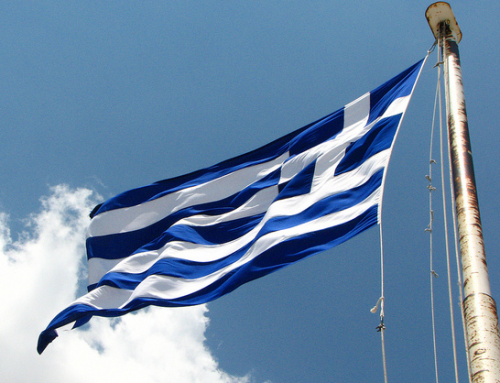 Greek Economic Crisis Update
Greek Economic Crisis Update
Greece’s financial and economic woes have been going on for a number of years now, however recent events have thrown a spotlight on the situation once again. Whilst short-term speculators choose to worry and make a lot of noise, it’s important for us as long-term investors to take a more rational view of what’s happening.
1. The current Syrzia-lead Greek government was elected in January promising voters an end to austerity, higher pensions, wages, public spending, and that their Euros would be untouched. Despite months of negotiations, an agreement was unable to be reached on another bailout package. Greece now finds itself ‘in arrears’ on a euro 1.6 billion loan repayment to the International Monetary Fund (IMF). Last ditch attempts to broker a deal continue and the situation remains very fluid.
This weekend Greece has a referendum on a proposal to accept or reject the most recent bailout package. Essentially a ‘No’ vote equates to continued bank closures, a euro 60 daily limit on ATM withdrawals, a further collapse in an already depressed economy, a potential exit from the Euro currency and ultimately the European Union (EU).
A ‘Yes’ vote means banks reopening and the locals once again having access to their savings, staying with the Euro, a change in government (again) which probably paves the way for a more realistic combination of debt forgiveness and agreement to reforms.
Which one would you choose?
2. A ‘No’ vote is unlikely to cause contagion to other economies around Europe – Spain, Italy, Portugal and the like are all in a stronger economic position now than they were 3 – 5 years ago and the European Central Bank (ECB) has the authority to assist member nations via additional Quantitative Easing (QE). Greece represents 2% of Euro area GDP and just 0.3% of world GDP
3. The majority of Greek debt (~90%) is now owned by other government agencies, with the European Financial Stability Fund (EFSF) being the largest holder, followed by the ECB and the IMF. European banks hold very little in Greek debt, as opposed to the first crisis closer to the start of the decade. A default would therefore have a much smaller impact on the Eurozone.
Markets will likely remain volatile whilst the situation remains unresolved – fortunately the referendum will bring the crisis to a head quickly. This will hopefully pave the way for a more prosperous and compliant Greece and a recovery in world share markets.



